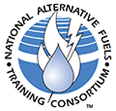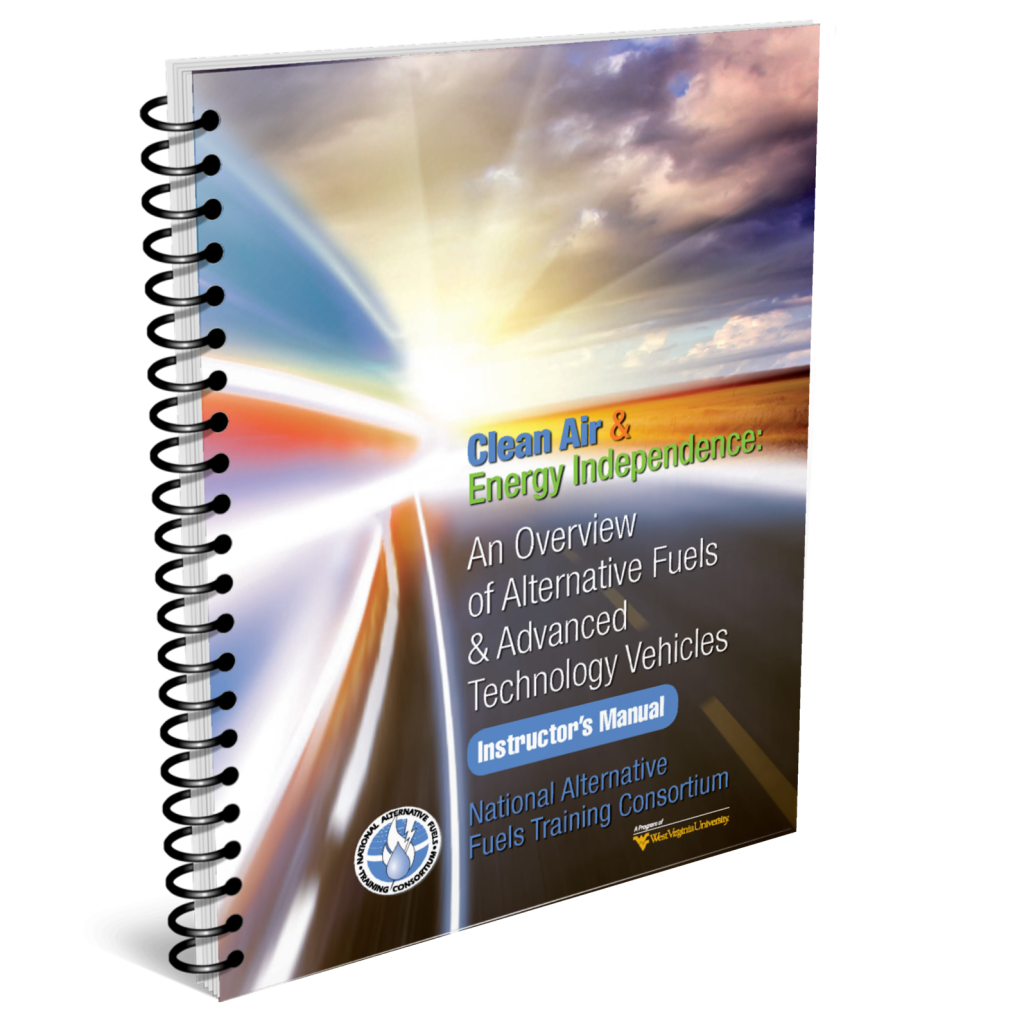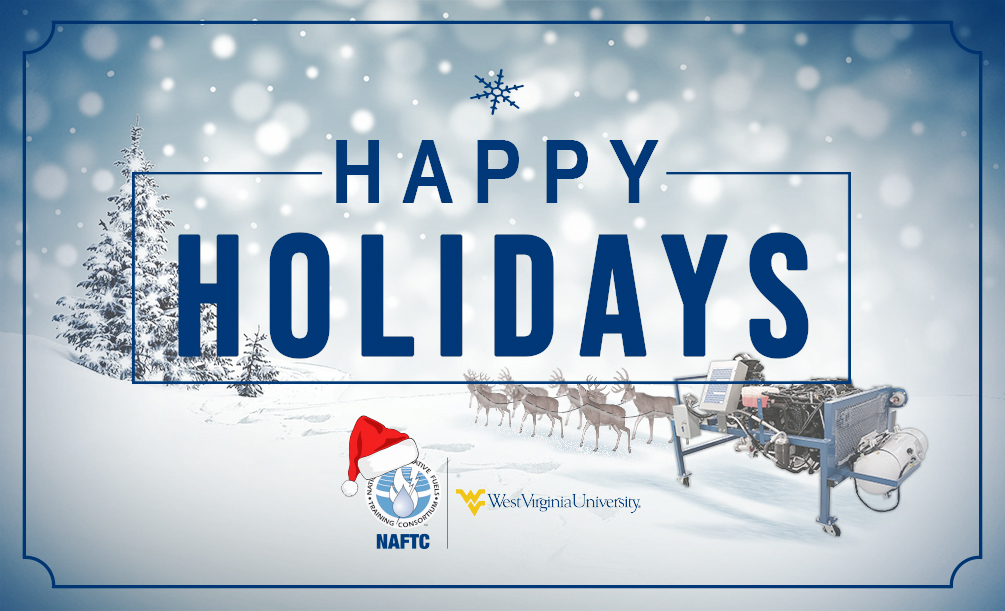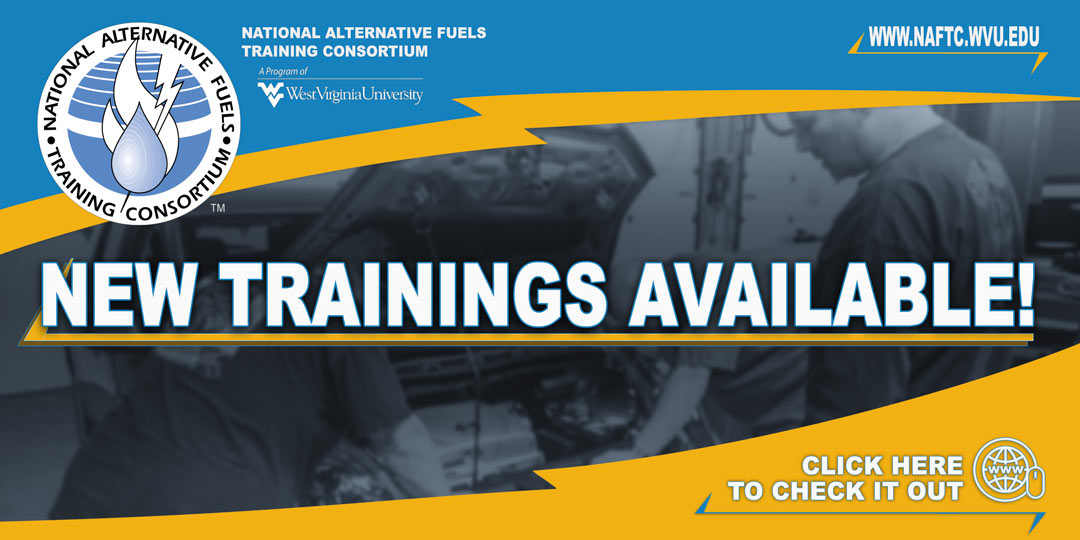Clean Air and Energy Independence:
AN OVERVIEW OF ALTERNATIVE FUEL AND ADVANCED TECHNOLOGY VEHICLES
Course Description
Available for groups only, the course covers alternative fuel and electric vehicle technologies in detail, their advantages, disadvantages, and availability versus conventional fuel technologies.
After completing this course, participants will be able to:
- Describe the sources and effects of air pollution caused by transportation vehicles
- Explain the problem of U.S. dependence on foreign energy supplies
- List the alternative fuels and advanced vehicle technologies that are currently available or in development for release in the next few years
- Explain the advantages, disadvantages, technology, components, infrastructure, and availability of alternative fuels
Modules:
- The need for alternative fuels
- Laws, regulations, programs, and incentives
- Propane vehicles
- Natural gas vehicles
- Ethanol, methanol, and synthetic fuels
- Biodiesel
- Battery-powered electric vehicles
- Hybrid electric vehicles
- Hydrogen-powered vehicles
- Fuel cells
Course materials provided:
- Participant Manual – ISBN 978-1-933954-10-3
- Each module contains:
- Illustrations
- Explanatory figures and tables
- Review questions
- Key terms
Course designed for:
- Fleet managers
- Automotive technicians
- Code officials / Authorities Having Jurisdiction (AHJs)
- Construction contractors
- Government officials / decision makers
- Clean Cities Coalitions



